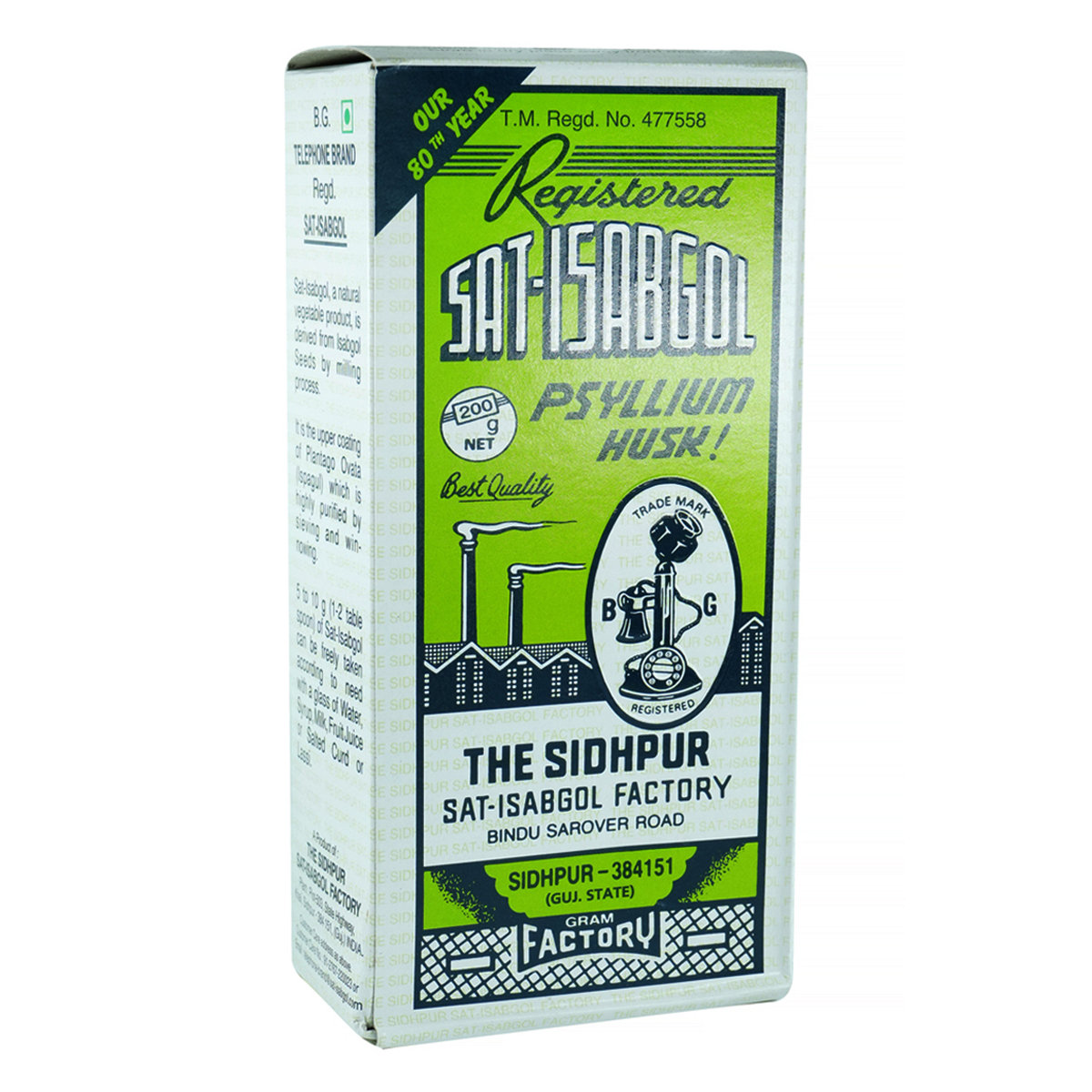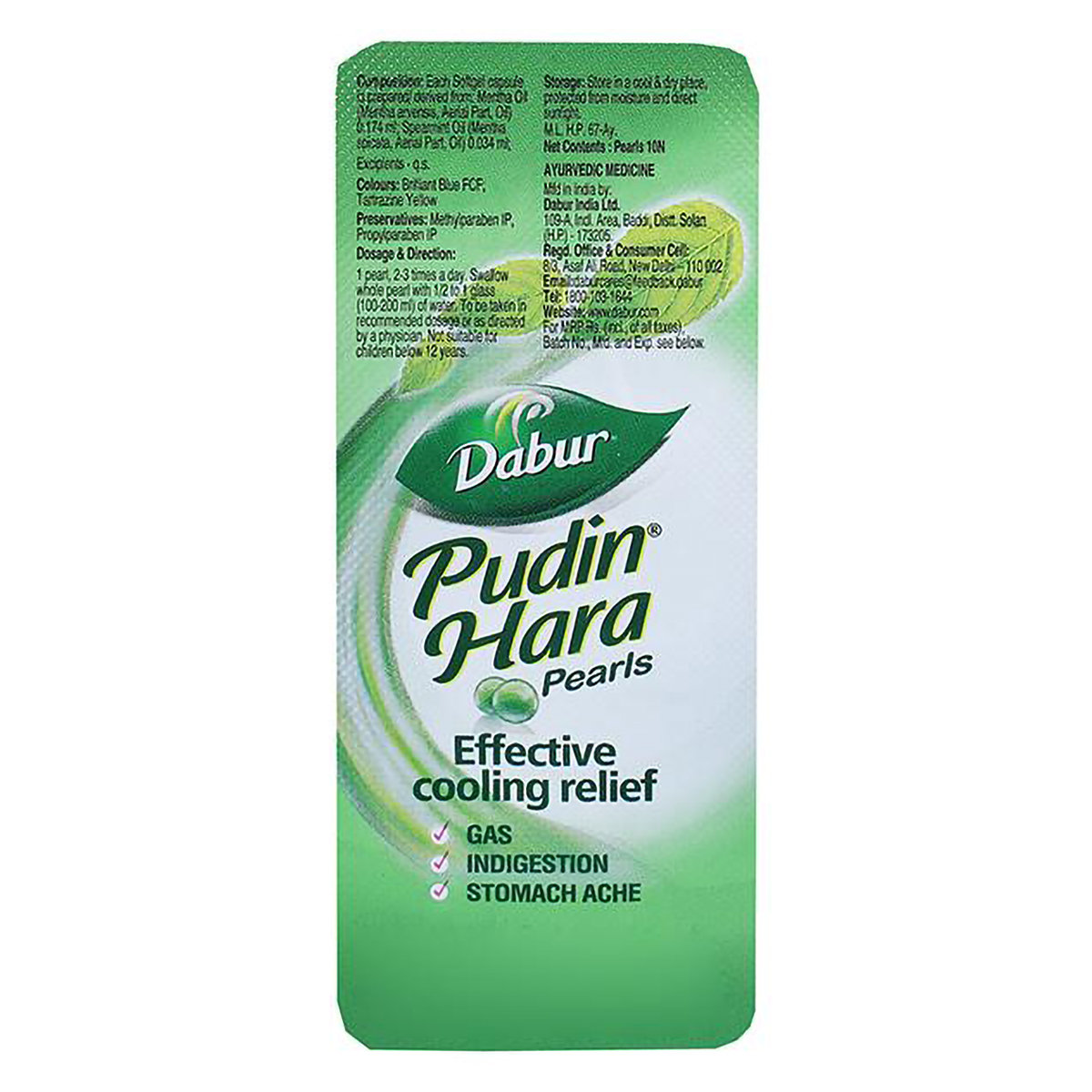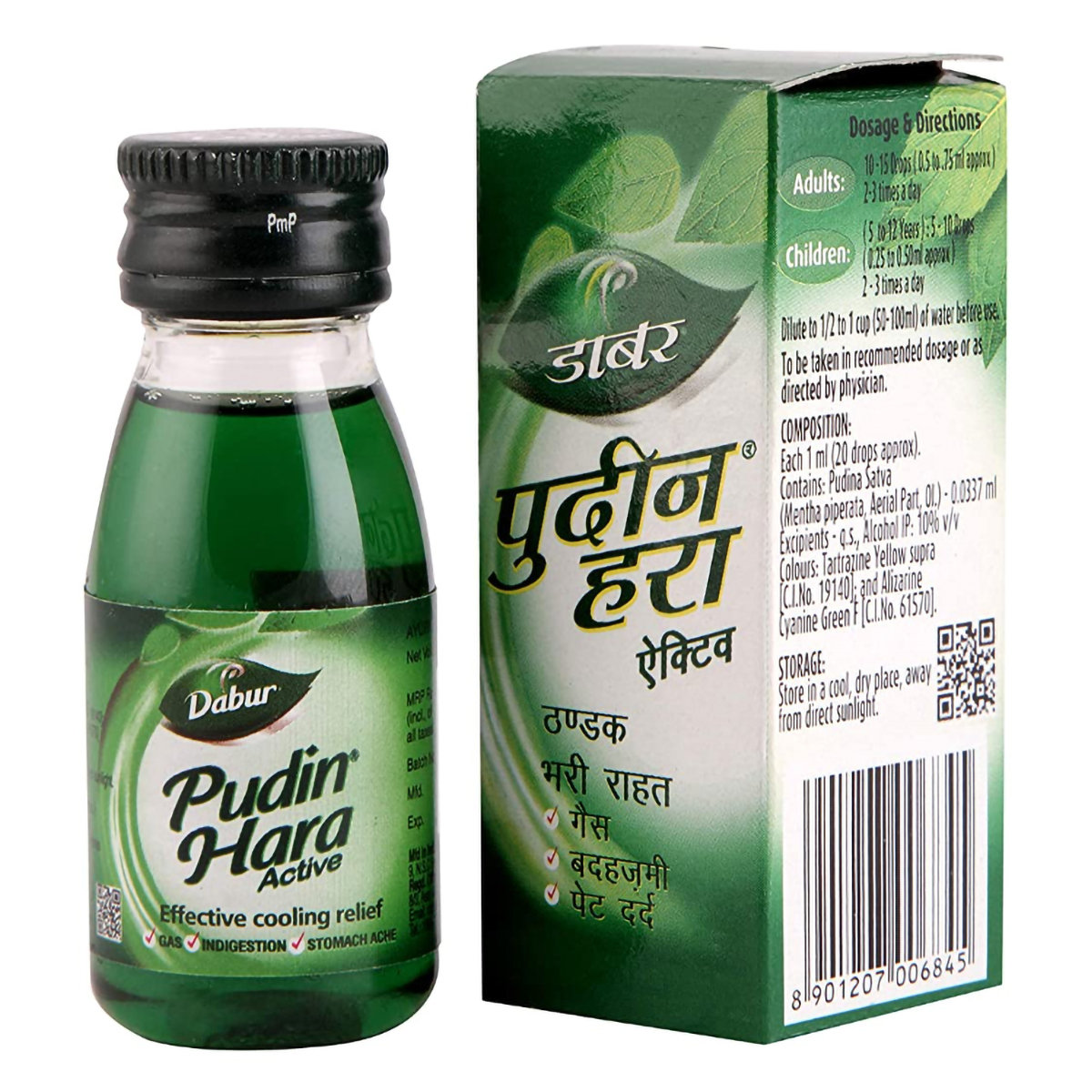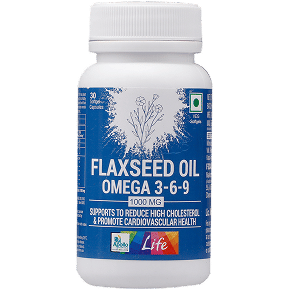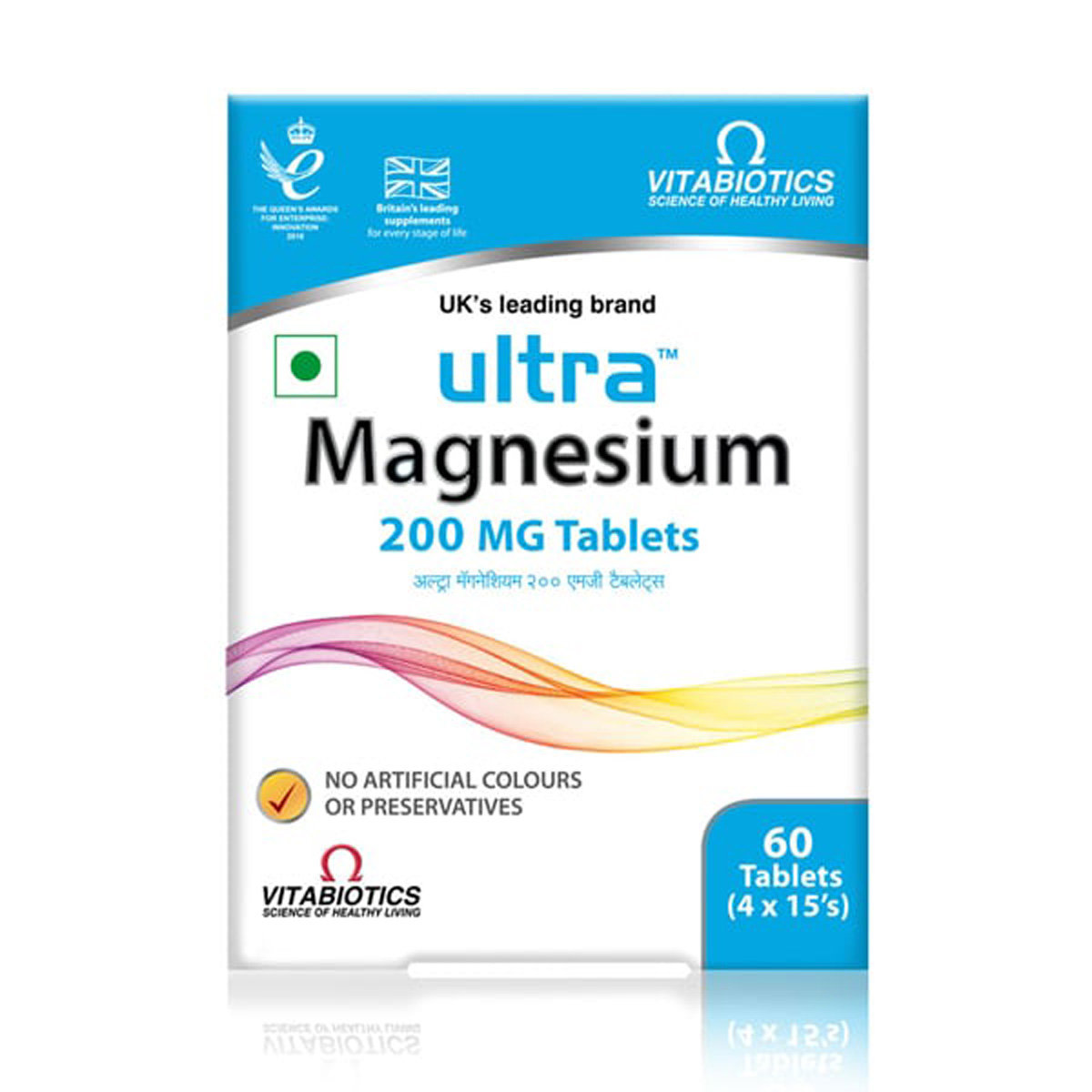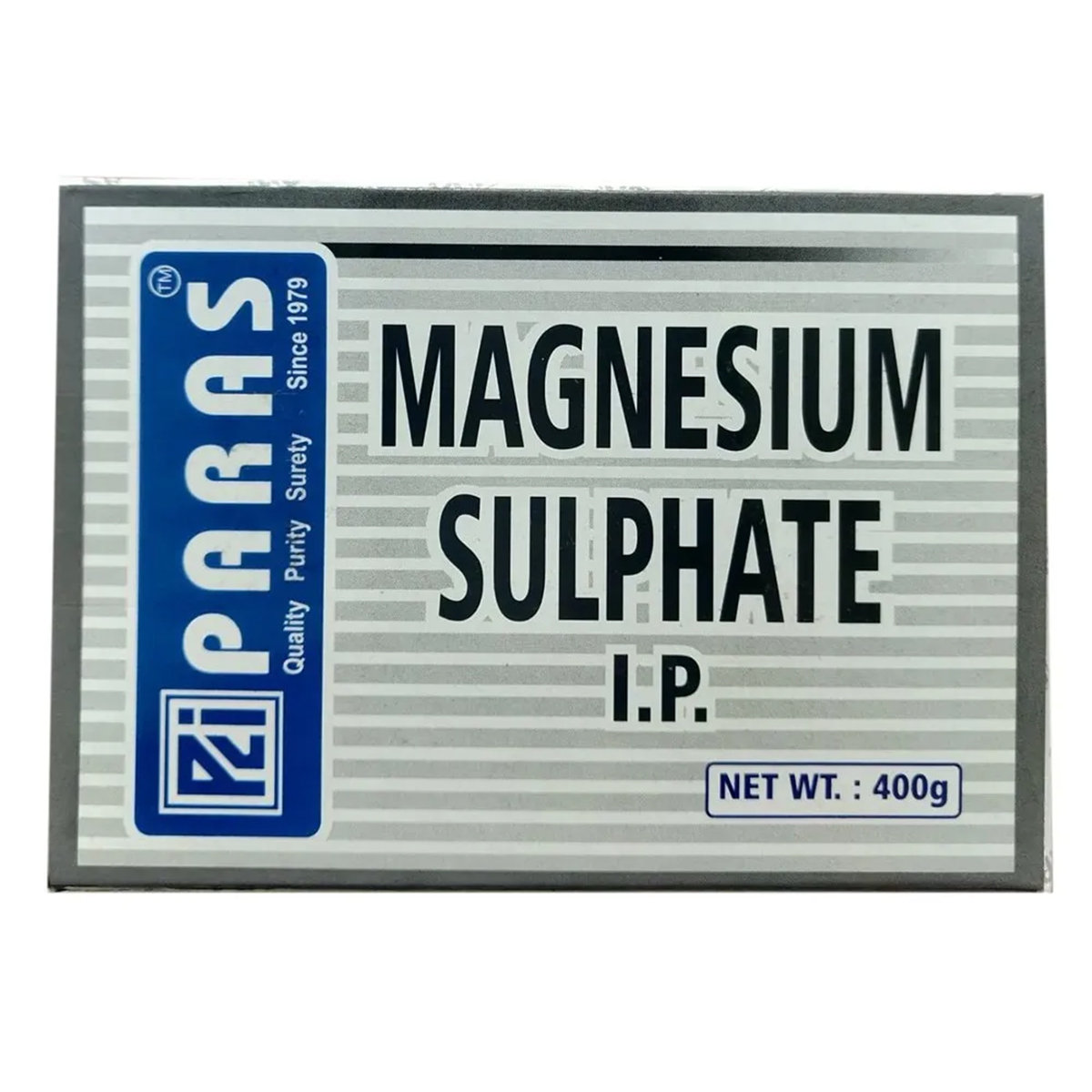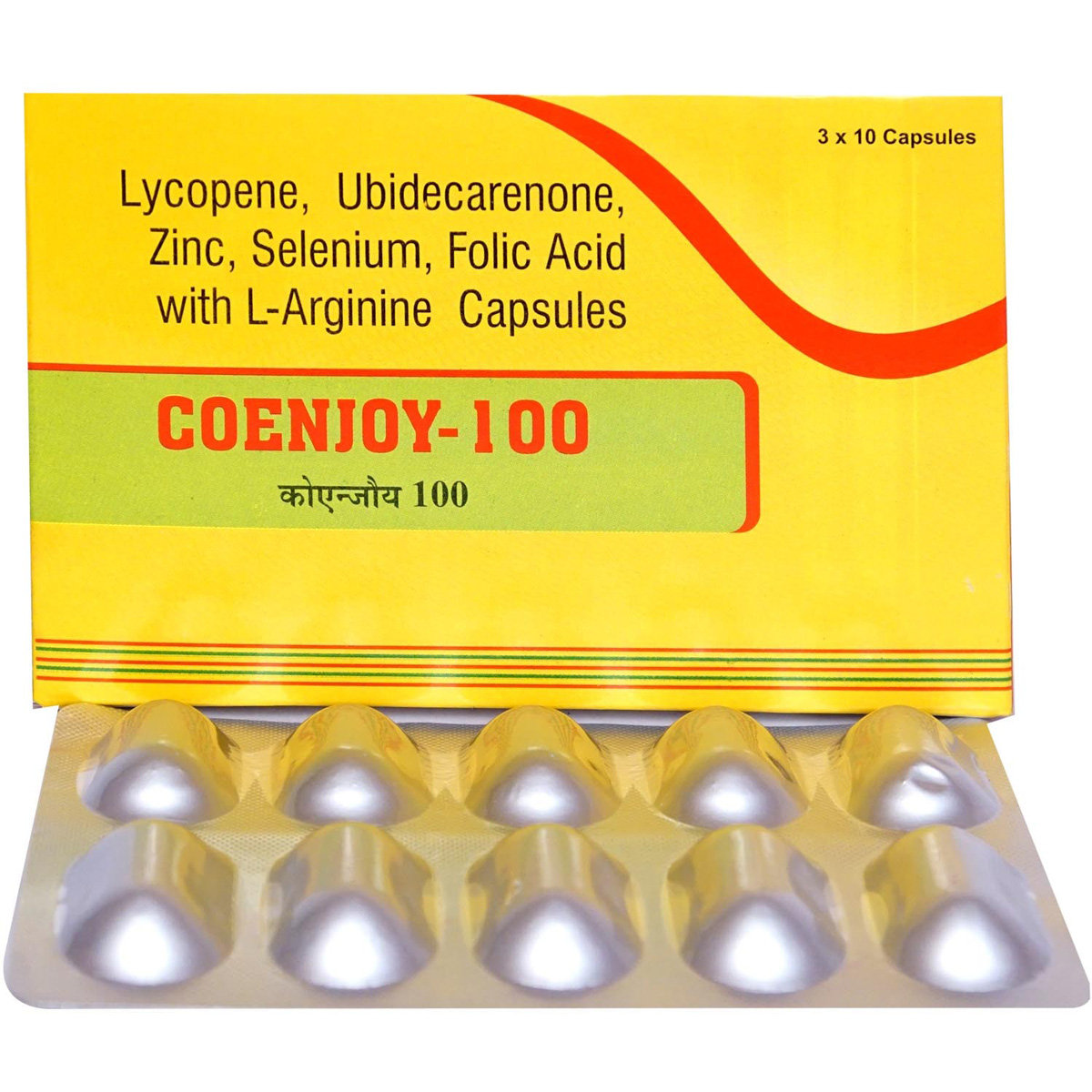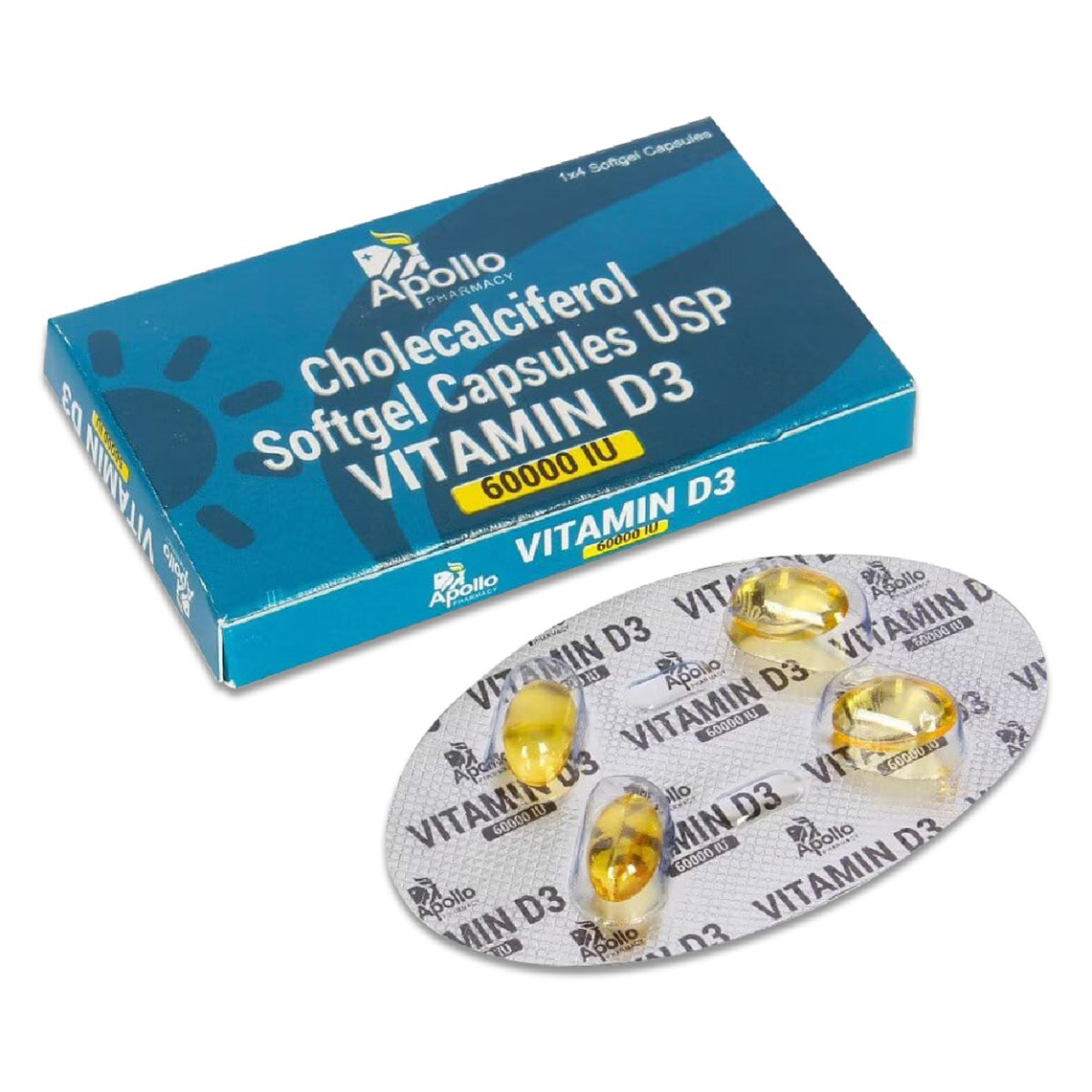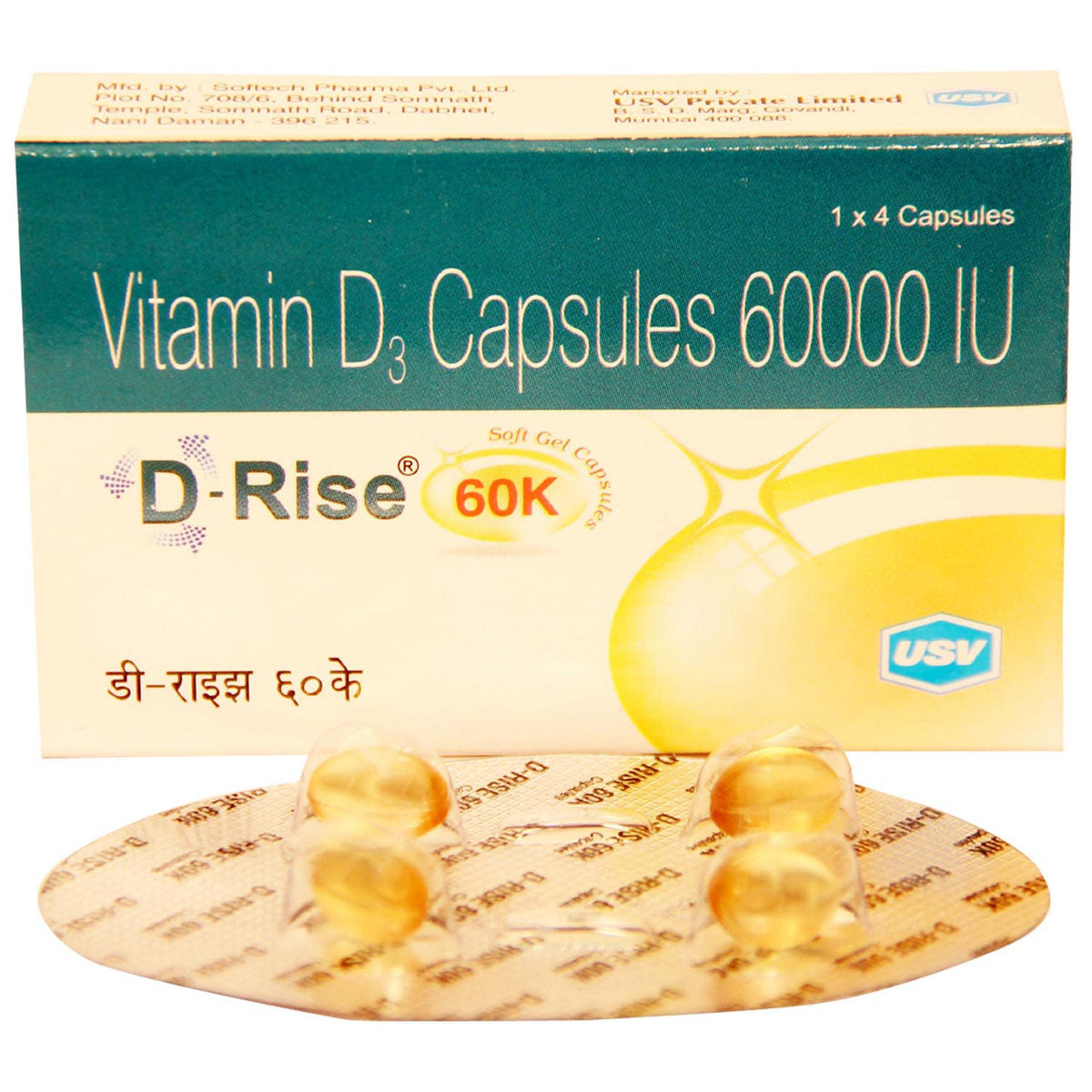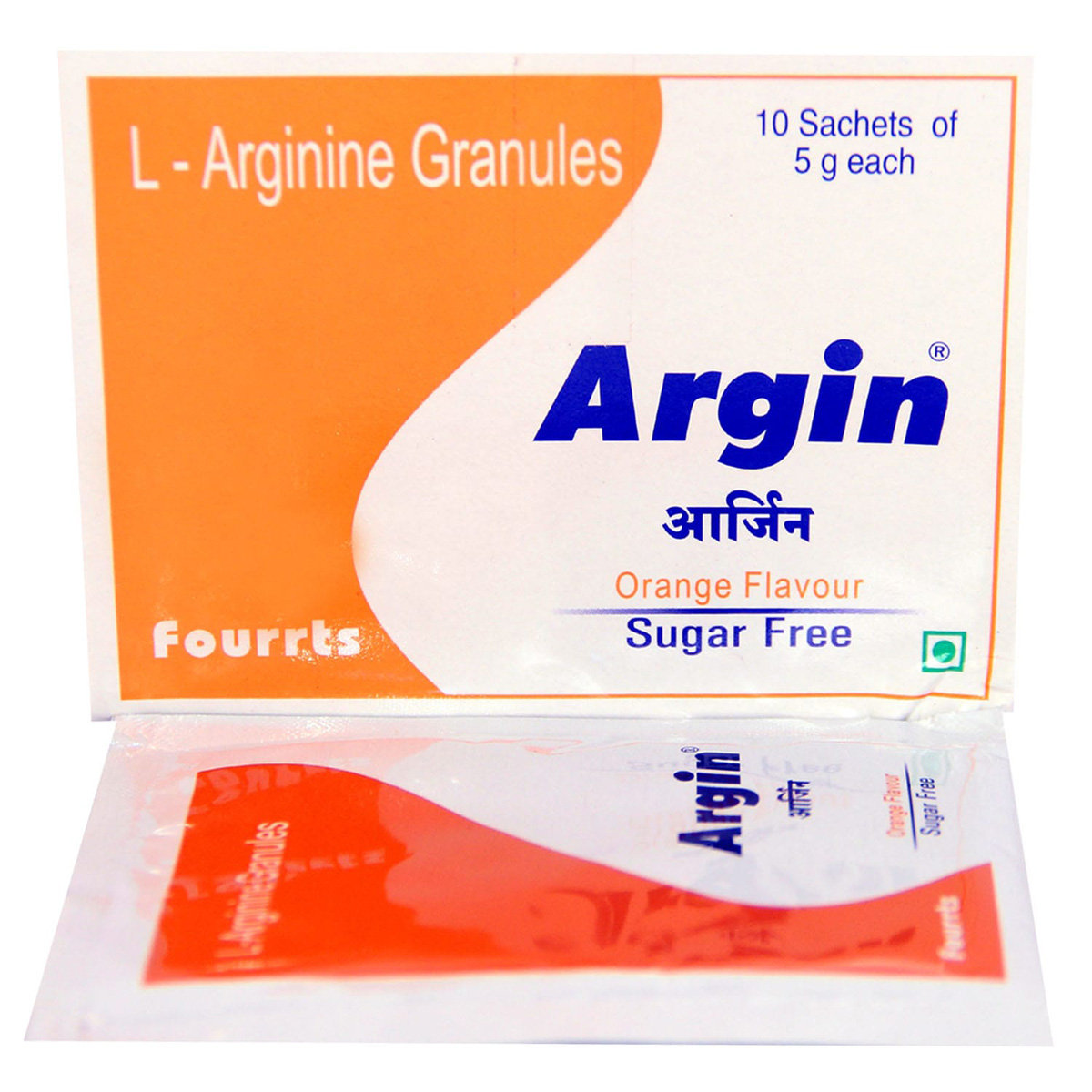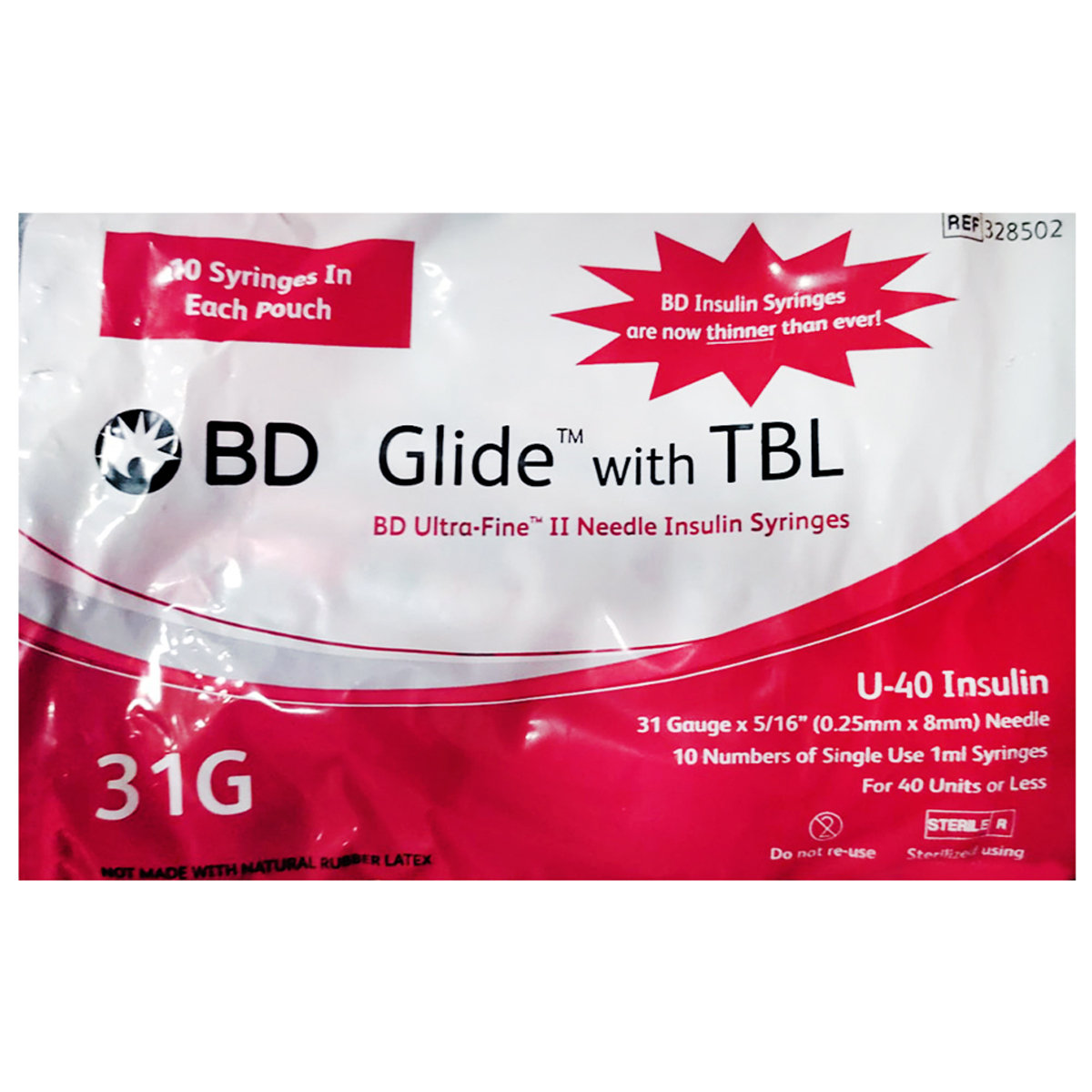Twinblok Trio Tablet
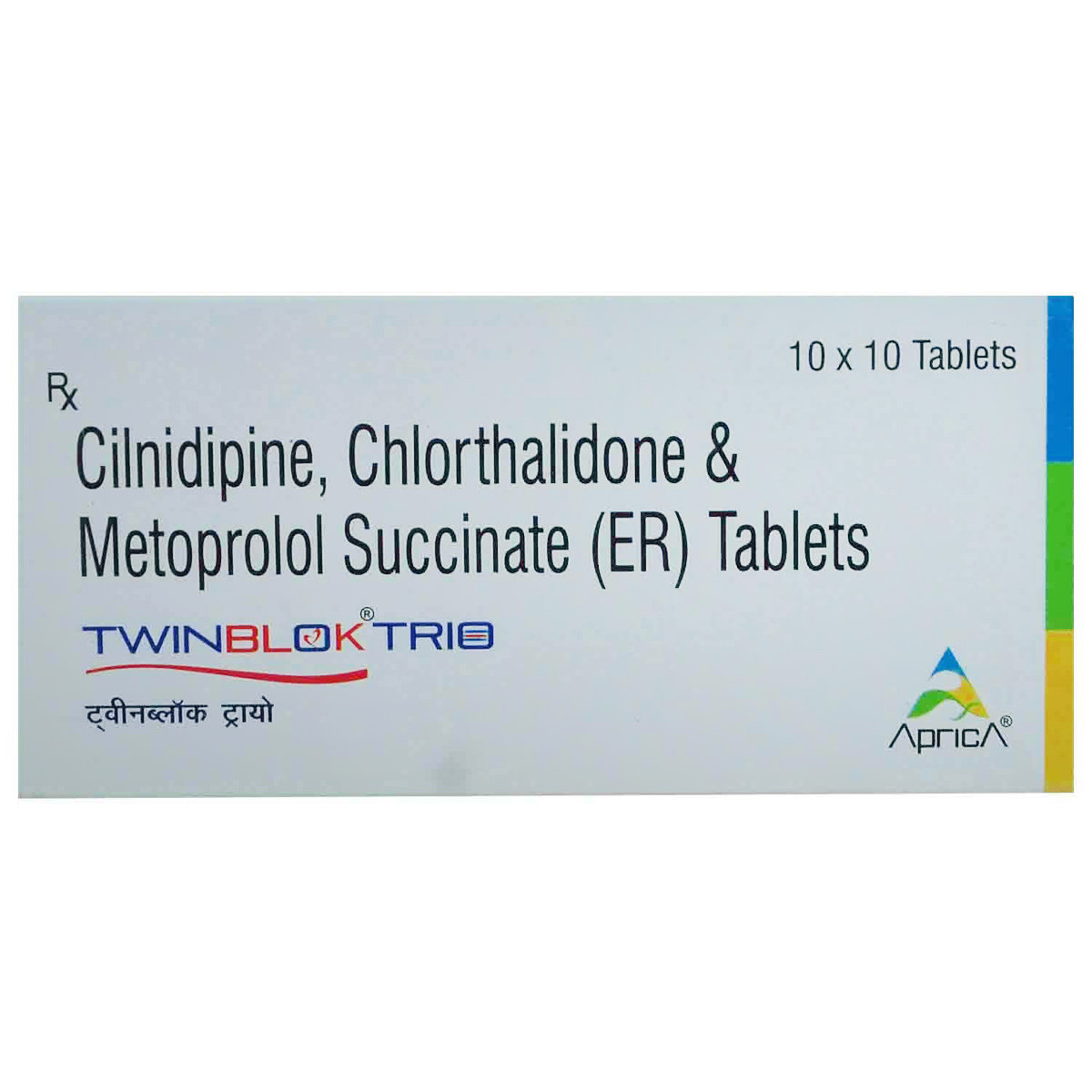
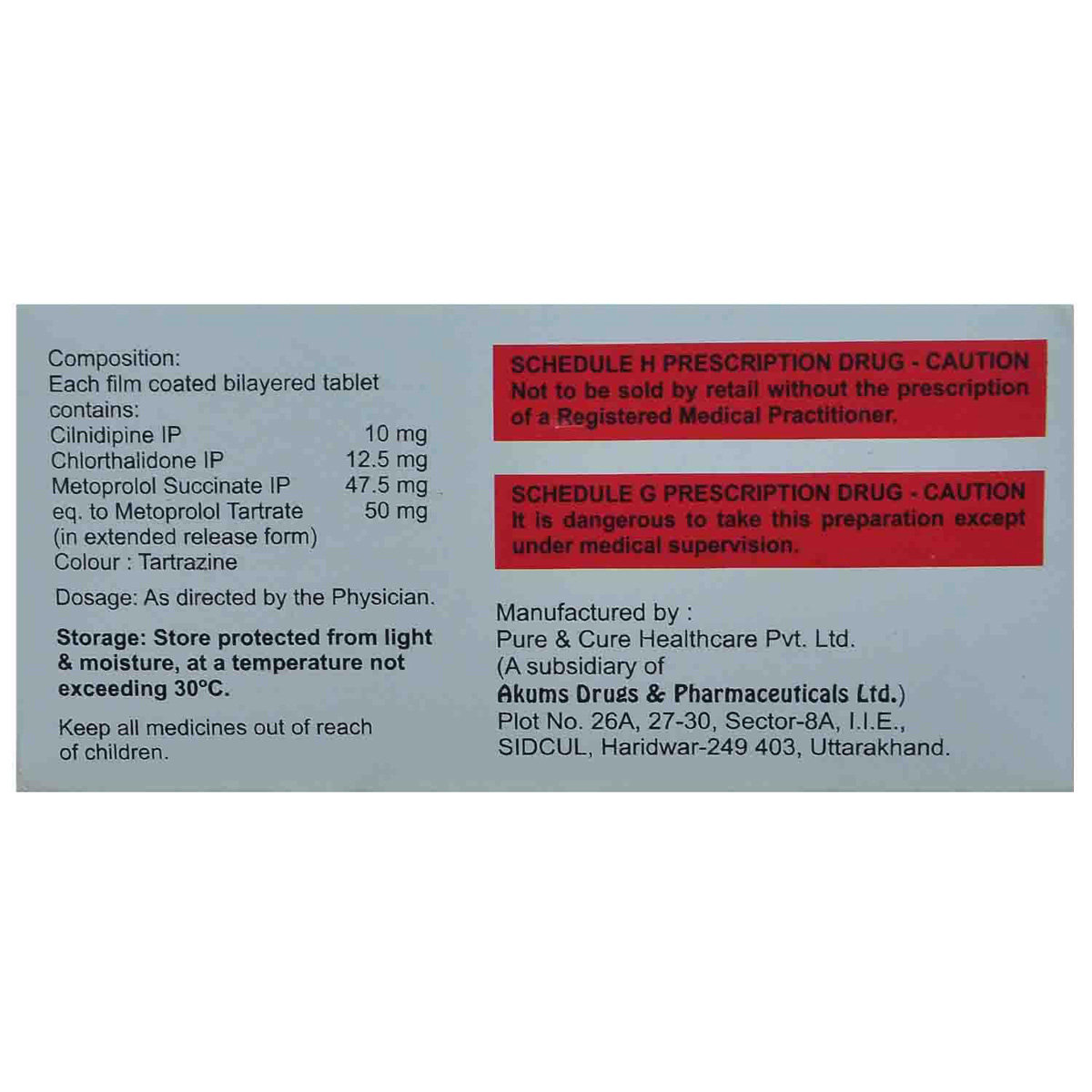
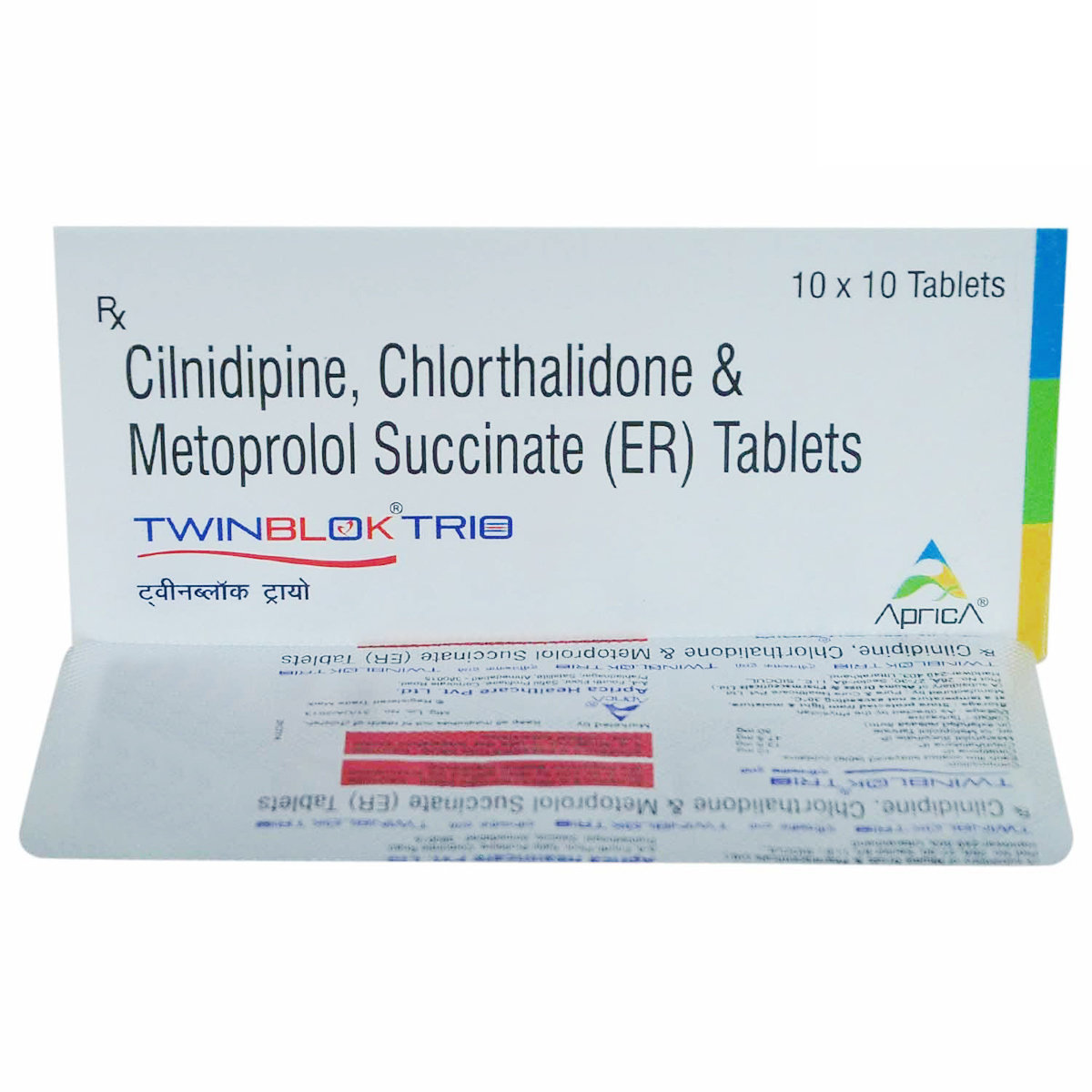
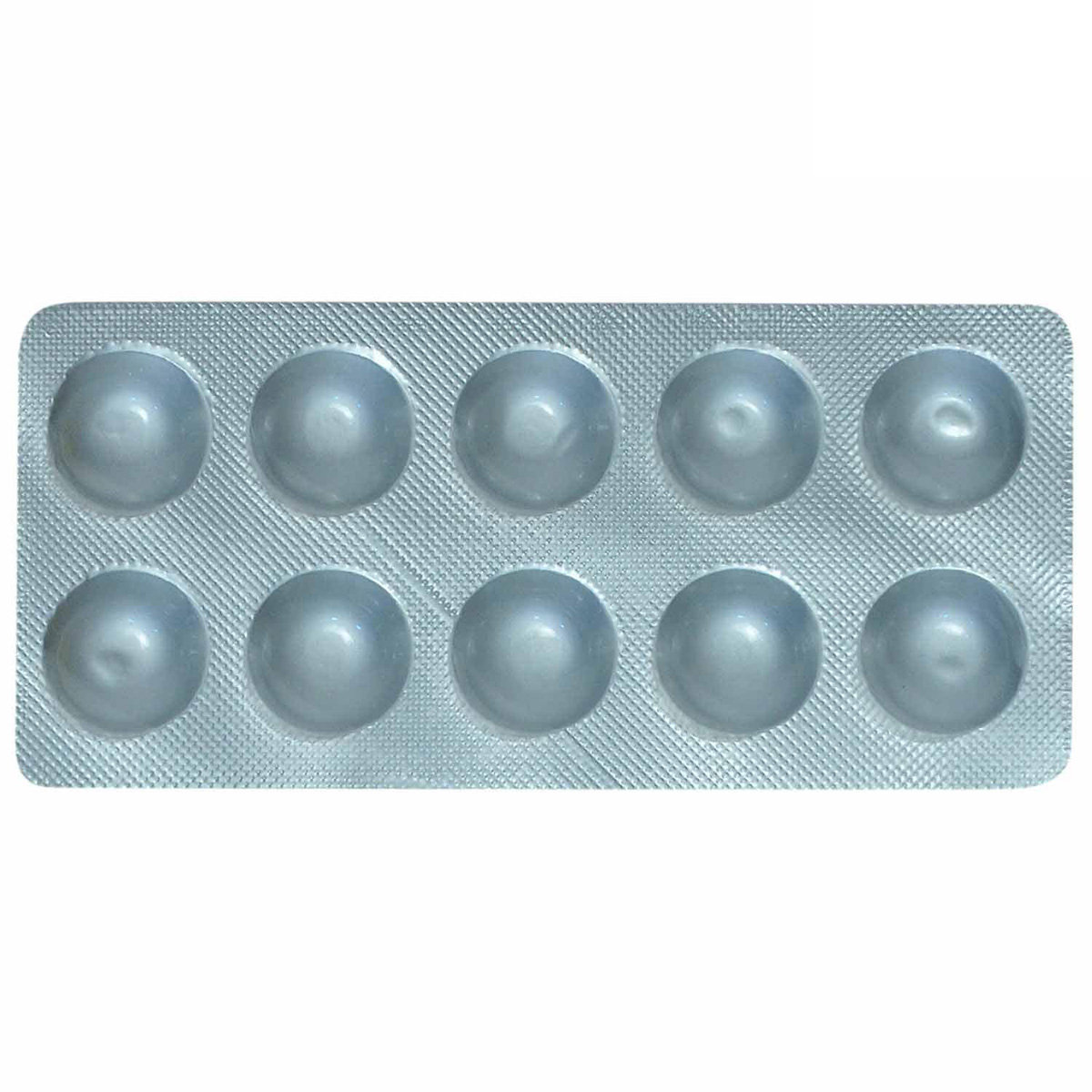
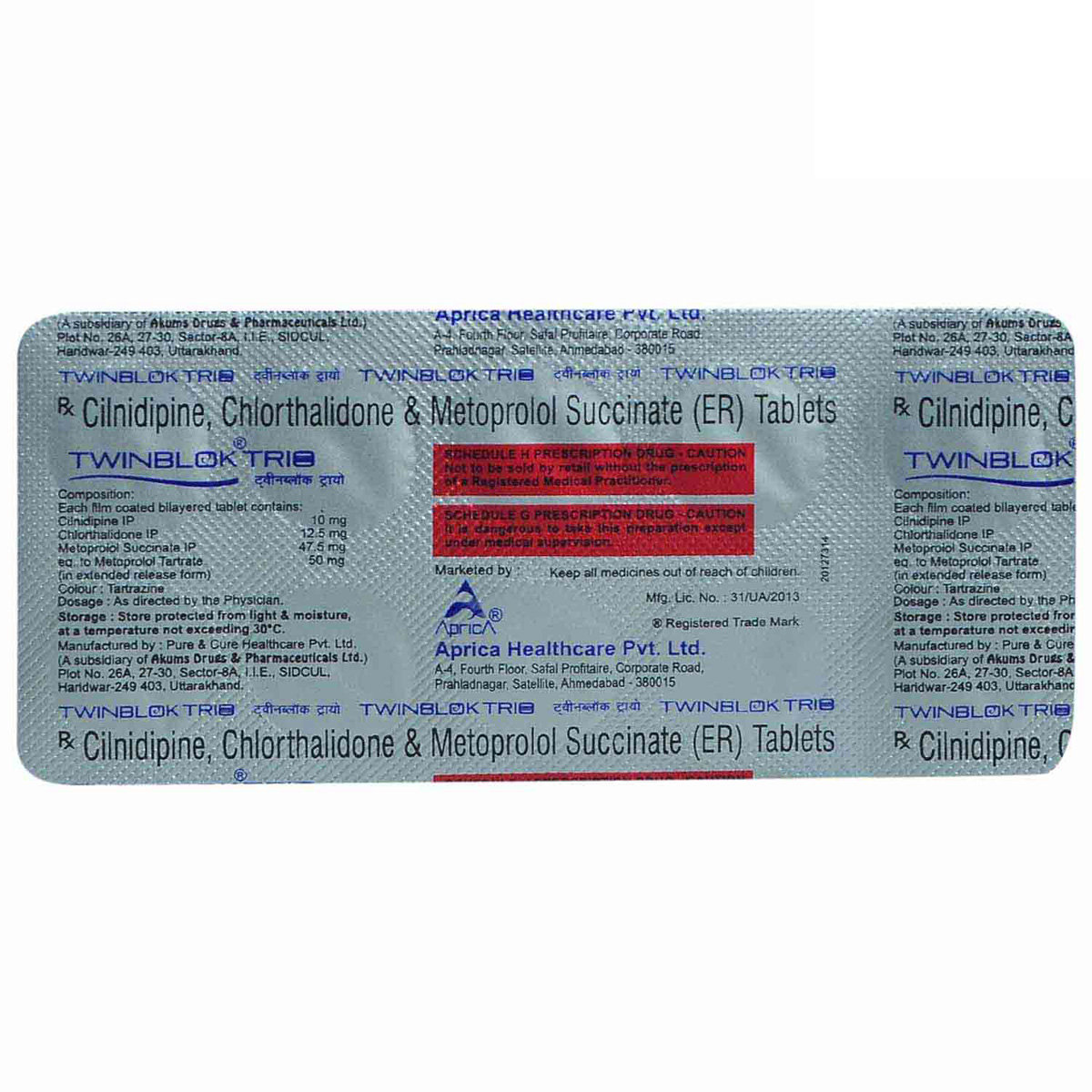
MRP ₹189
(Inclusive of all Taxes)
₹28.4 Cashback (15%)
know your delivery time
Provide Delivery Location
Manufacturer/Marketer :
Consume Type :
Expires on or after :
Return Policy :

Secure Payment

Trusted by 8 Crore Indians

Genuine Products
Therapeutic Class
Country of origin
Manufacturer/Marketer address
Author Details
We provide you with authentic, trustworthy and relevant information
Disclaimer
Alcohol
Safe if prescribed
Avoid consuming alcohol as it might cause increased dizziness.
Pregnancy
Consult your doctor
Please consult your doctor if you are pregnant; your doctor will prescribe only if the benefits outweigh the risks.
Breast Feeding
Consult your doctor
Please consult your doctor; your doctor will decide whether Twinblok Trio Tablet can be taken by breastfeeding mothers or not.
Driving
Safe if prescribed
Twinblok Trio Tablet may cause dizziness, do not drive or operate heavy machinery if you feel dizzy.
Liver
Consult your doctor
Dose adjustment may be needed. Please consult your doctor if you have liver problems or any concerns regarding this.
Kidney
Consult your doctor
Dose adjustment may be needed. Please consult your doctor if you have kidney problems or any concerns regarding this.
Children
Safe if prescribed
Limited information is available regarding the usage of Twinblok Trio Tablet in children. Please consult a doctor.
Product Substitutes
About Twinblok Trio Tablet
Twinblok Trio Tablet belongs to the group of anti-hypertensive medicines used to treat high blood pressure (hypertension). Twinblok Trio Tablet helps lower the blood pressure, thereby reduces the chances of heart problems such as heart attack and stroke. High blood pressure is a condition in which the blood exerts increased pressure on the walls of blood vessels. Symptoms include headache, dizziness, nosebleeds, changes in vision, chest pain, weakness and dyspnea (shortness of breath). However, most of the time, the signs and symptoms of hypertension are none.
Twinblok Trio Tablet is a combination of three drugs, namely: Cilnidipine, Chlorthalidone, and Metoprolol succinate. Cilnidipine acts on the calcium channels of the blood vessels and suppresses the contraction of blood vessels, thereby helps blood flow smoothly. Chlorthalidone lowers the blood pressure and swelling by removing excess fluid and electrolytes via urine. It also helps relax blood vessels and improves blood flow. Metoprolol succinate slows down the heart rate and makes it easier for the heart to pump blood throughout the body. Thereby, Twinblok Trio Tablet helps treat hypertension.
You are advised to take Twinblok Trio Tablet for as long as your doctor has prescribed it for you, depending on your medical condition. In some cases, you may experience certain common side-effects such as headache, nausea, dizziness, abdominal pain, and weakness. Most of these side effects do not require medical attention and will resolve gradually over time. However, you are advised to talk to your doctor if the side effects persist or worsen.
Consult your doctor if you are pregnant or breastfeeding. Limited information is available regarding the usage of Twinblok Trio Tablet in children; please consult a doctor if you have any concerns. Twinblok Trio Tablet may cause dizziness, so drive only if you are alert. Avoid consuming alcohol as it might cause increased dizziness. Inform your doctor about all the medicines you are taking and your health condition to rule out any unpleasant side effects/interactions.
Uses of Twinblok Trio Tablet
Medicinal Benefits Mweb
Key Benefits
Twinblok Trio Tablet is a combination of three drugs, namely: Cilnidipine, Chlorthalidone, and Metoprolol succinate. Twinblok Trio Tablet is used to treat hypertension. Cilnidipine is a calcium channel blocker which acts on the calcium channels of the blood vessels and suppresses the contraction of blood vessels, thereby helps blood flow smoothly. Chlorthalidone is a thiazide diuretic that lowers blood pressure and swelling by removing excess fluid and electrolytes via urine. It also helps relax blood vessels and improves blood flow. Metoprolol succinate is a beta-blocker that slows down the heart rate and makes it easier for the heart to pump blood throughout the body. Thus, Twinblok Trio Tablet helps lower blood pressure, thereby reducing the chances of heart problems such as heart attack and stroke.
Directions for Use
Side Effects of Twinblok Trio Tablet
- Headache
- Nausea
- Weakness
- Abdominal pain
- Dizziness
Drug Warnings
Do not take Twinblok Trio Tablet if you are allergic to any of its contents. Inform your doctor if you have diabetes, circulation problems, asthma, thyroid disorder, adrenal gland tumour, gout, high cholesterol, hypotension/low blood pressure, heart/kidney/liver problems, if you are on a low-salt diet or if you are unable to urinate. Consult your doctor if you are pregnant or breastfeeding. Twinblok Trio Tablet may cause dizziness, so drive with caution. Avoid consuming alcohol as it might cause increased dizziness. Rise slowly from lying/sitting position as Twinblok Trio Tablet may cause dizziness (orthostatic hypotension).
Drug-Drug Interactions
Drug-Drug Interactions
Login/Sign Up
Co-administration of Twinblok Trio Tablet and cisapride may increase the risk or severity of an irregular heart rhythm that may be serious.
How to manage the interaction:
Taking Twinblok Trio Tablet with Cisapride is not recommended, please consult your doctor before taking it. Do not discontinue the medication without consulting a doctor.
Taking ceritinib together with Twinblok Trio Tablet can slow your heart rate and increase the risk of an irregular heart rhythm.
How to manage the interaction:
Although there is a interaction between Twinblok Trio Tablet and Ceritinib, but they can be taken together if your doctor has prescribed them. However, consult your doctor immediately if you experience any dizziness, lightheadedness, fainting, or irregular heartbeat. Do not discontinue any medications without consulting a doctor.
Coadministration of Twinblok Trio Tablet with Verapamil may lead to increased side effects.
How to manage the interaction:
Although there may be an interaction, Twinblok Trio Tablet can be taken with Verapamil if prescribed by the doctor. Consult a prescriber if you experience fatigue, headache, fainting, swelling of the extremities, weight gain, shortness of breath, chest pain, increased or decreased heartbeat, or irregular heartbeat. Do not discontinue any medications without a doctor's advice.
Coadministration of Aminophylline with Twinblok Trio Tablet together can make Twinblok Trio Tablet less effective and increase the effects of aminophylline.
How to manage the interaction:
Taking Aminophylline with Twinblok Trio Tablet may lead to an interaction, it can be taken only if a doctor has advised it. If you experience nausea, vomiting, sleeplessness, restlessness, irregular heartbeats, or difficulty in breathing, contact a doctor immediately. Do not discontinue any medications without consulting a doctor.
Coadministration of Acebutolol with Twinblok Trio Tablet can cause abnormal heart rhythm.
How to manage the interaction:
Taking Twinblok Trio Tablet and Acebutolol together can possibly result in an interaction, it can be taken if your doctor has advised it. However, if you experience blurry vision, confusion, dizziness, fainting, lightheadedness, nausea or vomiting, contact your doctor immediately. Do not discontinue any medications without consulting a doctor.
Co-administration of Clonidine and Twinblok Trio Tablet may lower blood pressure and slow the heart rate.
How to manage the interaction:
Although there is a possible interaction between Clonidine and Twinblok Trio Tablet, you can take these medicines together if prescribed by your doctor. However, if you experience headaches, slow heartbeat, dizziness, or feeling like you might pass out, contact your doctor. Do not stop using any medications without first talking to your doctor.
Coadministration of Twinblok Trio Tablet and Tizanidine may reduce the efficiency of Twinblok Trio Tablet.
How to manage the interaction:
Taking Twinblok Trio Tablet and Tizanidine together can possibly result in an interaction, it can be taken if your doctor has advised it. However, if you experience blurry vision, confusion, dizziness, fainting, lightheadedness, nausea or vomiting, contact your doctor immediately. do not discontinue any medications without talking to your doctor.
Using Twinblok Trio Tablet and Saquinavir can increase the risk of an irregular heart rhythm.
How to manage the interaction:
There may be a possible interaction between Twinblok Trio Tablet and Saquinavir, but they can be taken together if your doctor has prescribed them. However, consult a doctor immediately if you experience dizziness, lightheadedness, fainting, slow pulse, or irregular heartbeat. Do not discontinue any medications without consulting a doctor.
Both Twinblok Trio Tablet and Artemether may increase the blood levels and effects of Twinblok Trio Tablet activity.
How to manage the interaction:
Taking Twinblok Trio Tablet and Artemether together can possibly result in an interaction, it can be taken if your doctor has advised it. However, if you experience blurry vision, confusion, dizziness, fainting, lightheadedness, nausea or vomiting, contact a doctor immediately. Do not discontinue any medications without consulting a doctor.
Use of Twinblok Trio Tablet with Atazanavir may increase the risk of an irregular heart rhythm.
How to manage the interaction:
Although there may be an interaction between Twinblok Trio Tablet and Atazanavir, it can be taken if prescribed by the doctor. Consult the doctor if you experience dizziness, lightheadedness, fainting, or irregular heartbeat, contact your doctor immediately. Do not discontinue any medications without consulting a doctor.
Drug-Food Interactions
Drug-Food Interactions
Login/Sign Up
Drug-Diseases Interactions
Drug-Diseases Interactions
Login/Sign Up
Drug-Drug Interactions Checker List
- DULOXETINE
- ASPIRIN
- INSULIN GLARGINE
- FUROSEMIDE
- LEVOTHYROXINE
- ERGOCALCIFEROL
- CHOLECALCIFEROL
- ALDESLEUKIN
- QUINIDINE
- PHENYTOIN
- RIFAMPICIN
- ERYTHROMYCIN
Habit Forming
Special Advise
- Regular monitoring of blood pressure levels, kidney function and electrolyte levels while taking Twinblok Trio Tablet is advised.
- If you are due to undergo any surgery, inform the doctor that you are taking Twinblok Trio Tablet .
Diet & Lifestyle Advise
- You are advised to consume low salt and low-fat diet.
- Regular exercise is also recommended.
- Eat a diet rich in whole grains, vegetables, and fruits.
- Avoid smoking and alcohol consumption.
- Maintain a healthy weight with proper diet and exercise.
- Practice meditation or yoga as it helps in managing stress.
All Substitutes & Brand Comparisons
RX
Cilinix Trio Tablet 10's
Howay Pharmaceutical Llp
₹150
(₹13.5 per unit)
20% CHEAPER

Have a query?
Buy best Cardiology products by
Torrent Pharmaceuticals Ltd
Sun Pharmaceutical Industries Ltd
Lupin Ltd
Intas Pharmaceuticals Ltd
Cipla Ltd
Micro Labs Ltd
Macleods Pharmaceuticals Ltd
Abbott India Ltd
Ajanta Pharma Ltd
Ipca Laboratories Ltd
Eris Life Sciences Ltd
Mankind Pharma Pvt Ltd
Lloyd Healthcare Pvt Ltd
Dr Reddy's Laboratories Ltd
Glenmark Pharmaceuticals Ltd
Emcure Pharmaceuticals Ltd
Alembic Pharmaceuticals Ltd
Alkem Laboratories Ltd
East West Pharma India Pvt Ltd
USV Pvt Ltd
Zydus Healthcare Ltd
Aristo Pharmaceuticals Pvt Ltd
Elbrit Life Sciences Pvt Ltd
J B Chemicals & Pharmaceuticals Ltd
Zydus Cadila
Akumentis Healthcare Ltd
Alteus Biogenics Pvt Ltd
Hbc Life Sciences Pvt Ltd
Fusion Health Care Pvt Ltd
Troikaa Pharmaceuticals Ltd
La Renon Healthcare Pvt Ltd
Corona Remedies Pvt Ltd
Jubilant Lifesciences Ltd
Medley Pharmaceuticals Ltd
Knoll Healthcare Pvt Ltd
Msn Laboratories Pvt Ltd
Zuventus Healthcare Ltd
Cadila Pharmaceuticals Ltd
Blue Cross Laboratories Pvt Ltd
Lividus Pharmaceuticals Pvt Ltd
Morepen Laboratories Ltd
Ranmarc Labs
Shrrishti Health Care Products Pvt Ltd
Sanofi India Ltd
Steris Healthcare
Elder Pharmaceuticals Ltd
Primus Remedies Pvt Ltd
Unison Pharmaceuticals Pvt Ltd
Eswar Therapeutics Pvt Ltd
Knoll Pharmaceuticals Ltd
Tas Med India Pvt Ltd
Systopic Laboratories Pvt Ltd
Indiabulls Pharmaceuticals Pvt Ltd
Leeford Healthcare Ltd
Sinsan Pharmaceuticals Pvt Ltd
Biochem Pharmaceutical Industries Ltd
Cadila Healthcare Ltd
Azkka Pharmaceuticals Pvt Ltd
Nirvana India Pvt Ltd
Orsim Pharma
Prevego Healthcare & Research Pvt Ltd
Econ Healthcare
Elinor Pharmaceuticals (P) Ltd
FDC Ltd
Sunij Pharma Pvt Ltd
Nicholas Piramal India Ltd
Astra Zeneca Pharma India Ltd
Pfizer Ltd
Lia Life Sciences Pvt Ltd
Shine Pharmaceuticals Ltd
Elicad Pharmaceuticals Pvt Ltd
Indoco Remedies Ltd
Proqol Health Care Pvt Ltd
Vasu Organics Pvt Ltd
Biocon Ltd
Opsis Care Lifesciences Pvt Ltd
Johnlee Pharmaceuticals Pvt Ltd
Merck Ltd
Wockhardt Ltd
Auspharma Pvt Ltd
Ergos Life Sciences Pvt Ltd
Lakshya Life Sciences Pvt Ltd
Ordain Health Care Global Pvt Ltd
Pficus De Med Pvt Ltd
ALICAN PHARMACEUTICAL PVT LTD
RPG Life Sciences Ltd
Glynis Pharmaceuticals Pvt Ltd
Orris Pharmaceuticals
Samarth Life Sciences Pvt Ltd
Aprica Pharmaceuticals Pvt Ltd
Aretaeus Pharmaceuticals Pvt Ltd
Koye Pharmaceuticals Pvt Ltd
Neocardiab Care
Retra Life Science Pvt Ltd
Alniche Life Sciences Pvt Ltd
Alvio Pharmaceuticals Pvt Ltd
Arkas Pharma Pvt Ltd
Atos Lifesciences Pvt Ltd
Divine Savior Pvt Ltd
Metalis Lifesciences Pvt Ltd
Frequently Bought Together
₹155.7
MRP ₹173
10% off
1
+₹185.3
MRP ₹234
21% off
1
+₹223.9
MRP ₹271.5
18% off
1
+₹333
MRP ₹370
10% off
1
+₹168.8
MRP ₹187.5
10% off
1
+₹49.9
MRP ₹56
11% off
1
+₹175.5
MRP ₹195
10% off
1
+₹176
MRP ₹195.5
10% off
1
+₹279.5
MRP ₹310.5
10% off
1
+₹135.6
MRP ₹154.5
12% off
6
+Customers Also Bought
Recommended for a 30-day course: 3 Strips

_0.jpg?tr=q-85)

